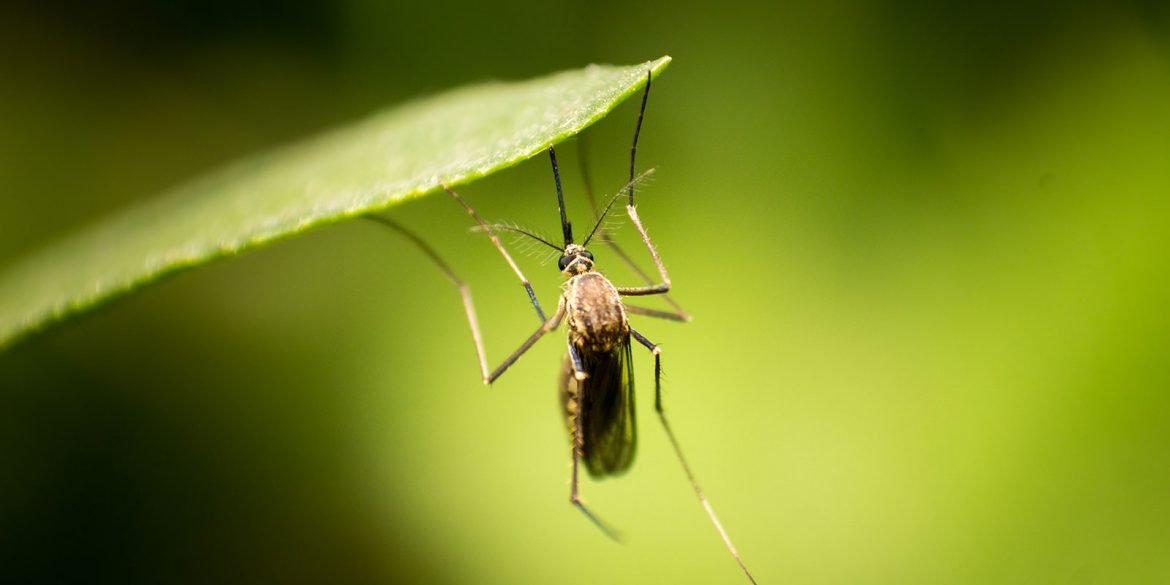
An arms race between pharmacologists and malaria parasites has been going on since the mid-19th century, when widespread use of quinine began. Few better illustrations of natural selection exist than the repeated emergence of resistance to such drugs. Even artemisinin, the most recent addition to the arsenal, has already provoked an evolutionary pushback.
At the moment, working out which drugs, if any, a particular case of malaria is resistant to means sending a sample to a laboratory for a PCR test. But malaria is most often a problem in poor countries, where such laboratories are scarce, and so is money to pay for tests and to maintain the machines needed to conduct them. A better way for doctors and paramedics in the field to be able to tell, for a particular patient, which drugs the infection is resistant to would thus be welcome. And that may soon be possible, thanks to work by Ron Dzikowski and Eylon Yavin of the Hebrew University in Jerusalem. As they write in ACS Sensors, they have come up with a trick which they think could be turned into a cheap and deployable detector for drug resistance.
Read the entire article from The Economist here.
